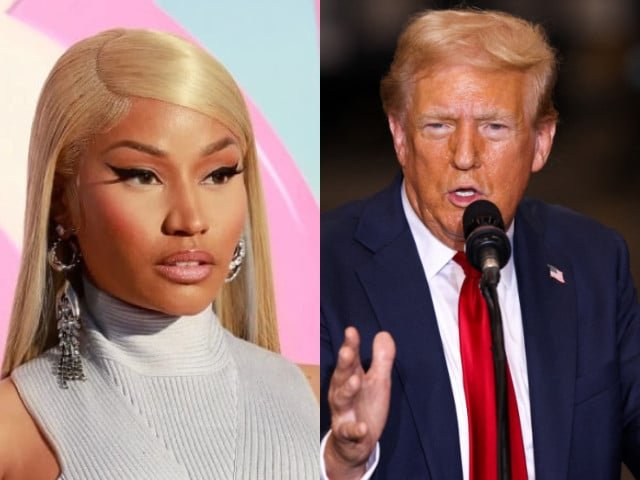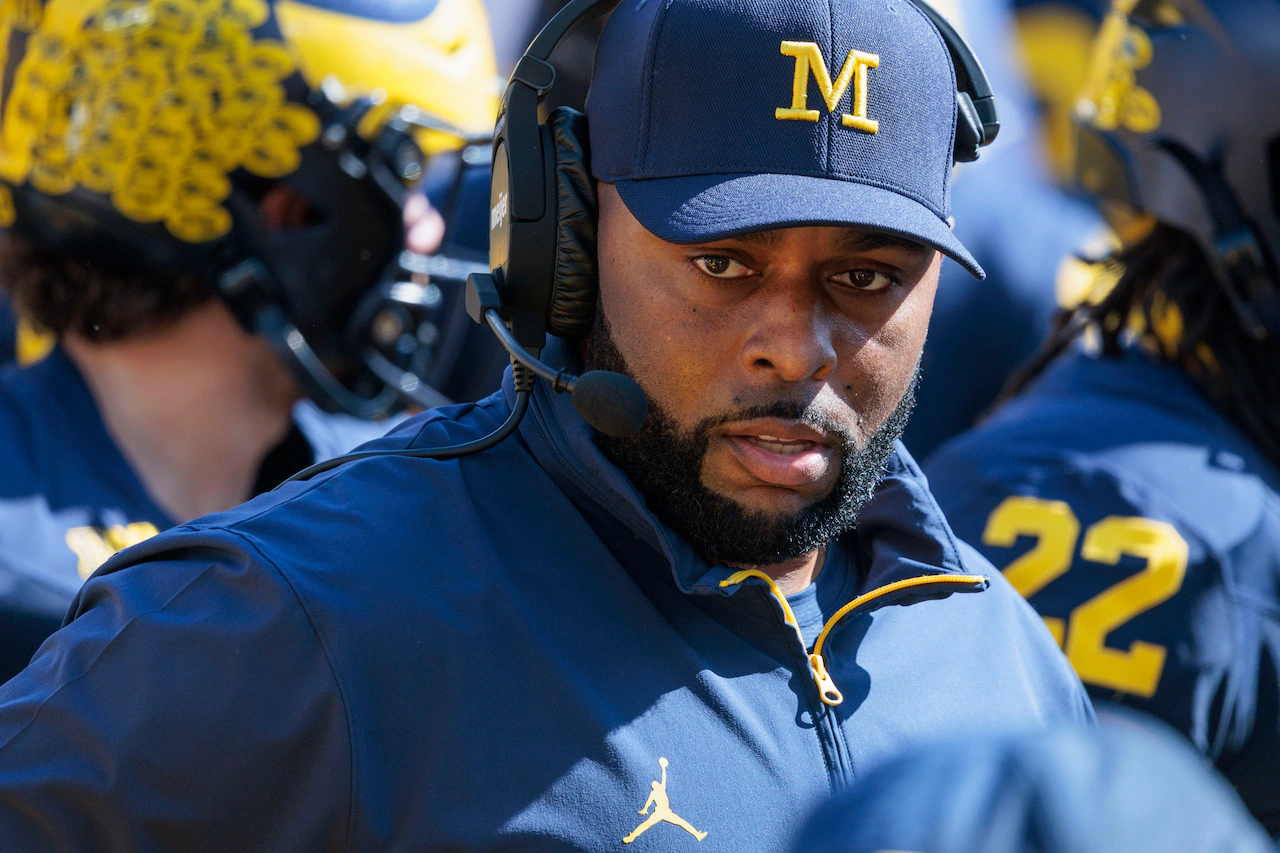The globe’s biggest sovereign wealth fund, managed by Norway, announced on Tuesday its intention to oppose the ratification of Tesla CEO Elon Musk’s ambitious compensation arrangement, potentially valued at up to $1 trillion in shares, during the company’s upcoming annual shareholder meeting this week.
Tesla shareholders are set to cast their votes on November 6 regarding this package, which could rank as the most substantial executive pay deal in history and has drawn criticism for being overly generous.
To date, Norway’s fund stands as the most prominent external investor in Tesla to reveal its stance. Meanwhile, Baron Capital, the next significant holder to announce, expressed support for Musk’s package on Monday.
Also Read:
Major institutional stakeholders like BlackRock, Vanguard, and State Street have not yet shared their voting intentions.
Acknowledging Musk’s Impact While Questioning the Scale
Tesla’s leadership is advocating strongly for approval of the plan, with board chair Robyn Denholm cautioning last week that Musk might depart if shareholders turn it down.
Although the package might deliver shares valued at up to $1 trillion across a decade, the initial share cost would be subtracted, reducing Musk’s net gain to as much as $878 billion, based on a Reuters calculation.
“We recognize the tremendous growth achieved through Mr. Musk’s innovative leadership, yet we remain worried about the award’s enormous scale, its potential to dilute shares, and insufficient measures to address key-person dependency – aligning with our principles on executive pay,” stated Norges Bank Investment Management via its online platform.
Holding a 1.12% stake valued at $17 billion, the fund ranks as Tesla’s seventh-largest shareholder and previously opposed Musk’s prior pay structure, prompting a pointed retort from the CEO, who declined an Oslo conference invite.
Efforts by various parties to halt Musk’s unprecedented compensations have largely failed, including a $56 billion 2018 package that shareholders reaffirmed last year amid ongoing lawsuits.
On Tuesday, NBIM also indicated opposition to reelecting two of Tesla’s three board nominees: long-serving members Kathleen Wilson-Thompson and Ira Ehrenpreis, while endorsing newcomer Joe Gebbia from 2022.
The $2.1 trillion fund further plans to reject Tesla’s broader employee stock incentive program, which could indirectly advantage Musk at the board’s discretion.
Tesla maintains that Musk receives no payout unless the firm achieves major market value expansions, with the full award contingent on hitting benchmarks like an $8.5 trillion valuation – roughly six times the current level.
However, compensation specialists note that Musk could still secure billions even if several goals go unmet, drawing from insights in executive remuneration, corporate assessments, robotics, and auto industry developments.
Leading U.S. asset managers face scrutiny from Republican figures to de-emphasize ESG factors in investments, with Musk aligning closely with former President Donald Trump.
Such dynamics complicate independent voting for major investors, according to Matt Moscardi of Free Float Analytics, who suggested that top holders “essentially can’t oppose management at this stage.”























